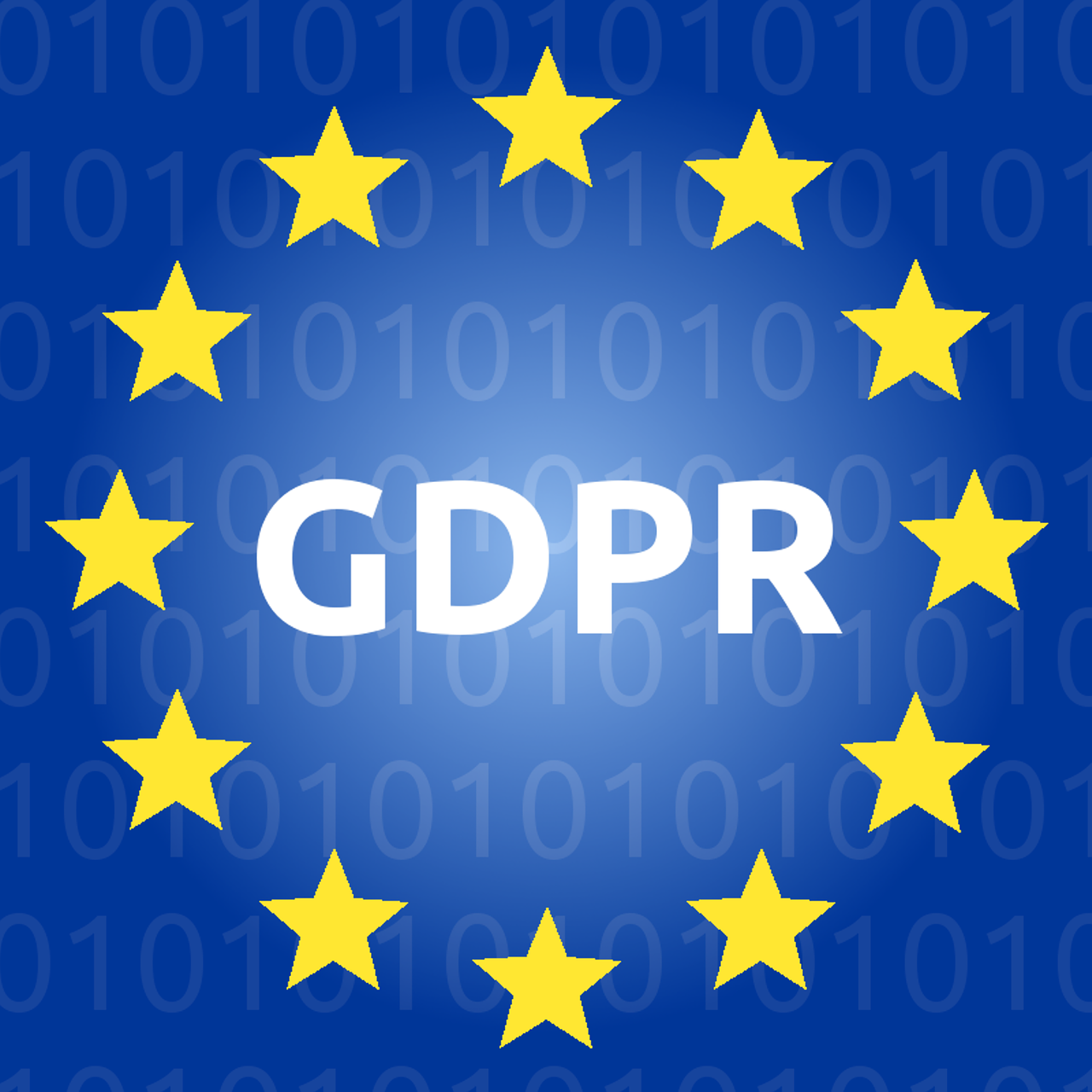By Mohammed Murad
This is where biometrics can play an important role in securing databases. Passwords, cards and PINs can be hacked, shared or stolen; a biometric identifier cannot. Biometrics offer a way for our industry to meet security goals for the protection of data while also restoring public confidence.
Biometrics involve the measurement of physical characteristics, something only the owner can possess. The most commonly used biometrics include iris patterns, fingerprints and facial recognition. Combining biometric and access readers or a keypad at the PC creates true two-factor authentication. Passwords can be eliminated while the database remains accessible only to authorized users.
The use of biometric technologies is now commonplace worldwide. You see them embedded in smartphones, at border crossings and in use for time and attendance, national ID cards, voter registration and more. Biometric readers can also authenticate consumers registering for websites or making purchases on the internet.
Among the major biometric technologies, iris recognition is widely considered the most accurate. No two people, even identical twins, have the same iris patterns. The technology works with people wearing glasses, contact lenses and safety goggles. It’s not affected by grease, dirt or scars as are fingerprint readers. Iris technology works with very large databases where facial recognition has been shown to be less effective.
GDPR and its goals have arrived with the simple concept that citizens have a right to know the information being collected about them, how it is used and be provided with an easy way to delete their data at any time.
The security industry should see GDPR and efforts at the state level in the U.S. as driving positive changes and eliminating inefficient data protection efforts. At the same time, we need to employ tools readily available to restore citizens’ sense of privacy whether they are completing an online transaction or engaging with a security system. A failure to act now may result in a more severe backlash that could negatively impact how we protect people and their personal data.

